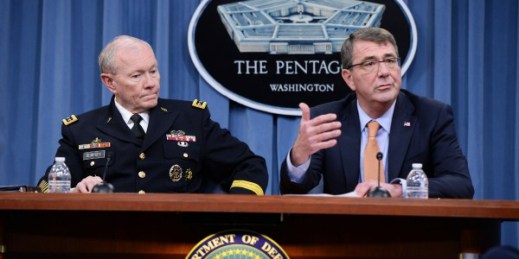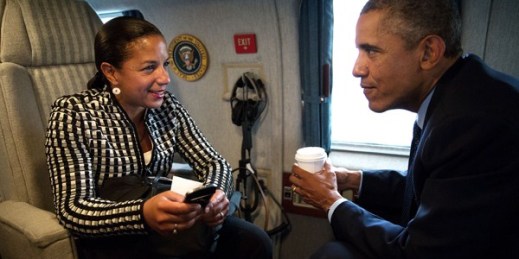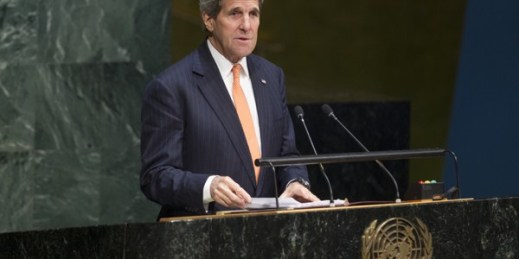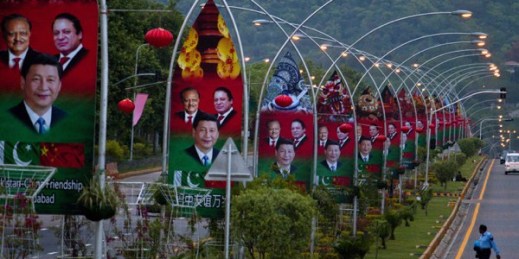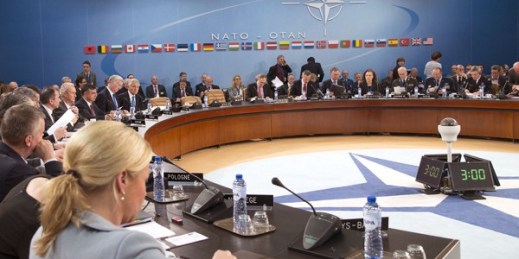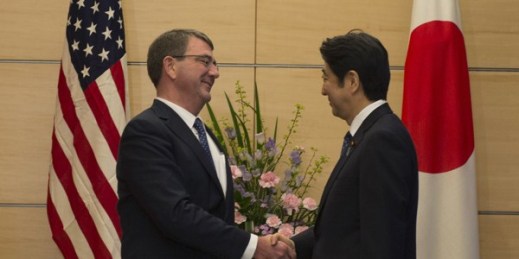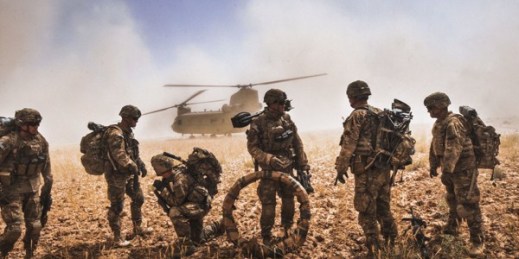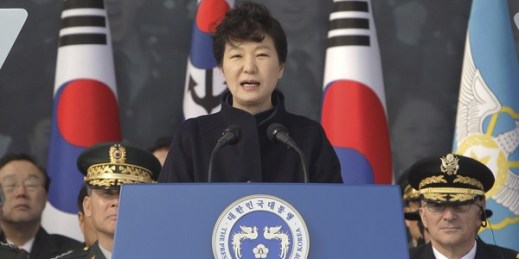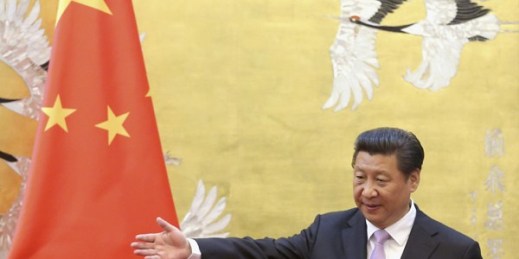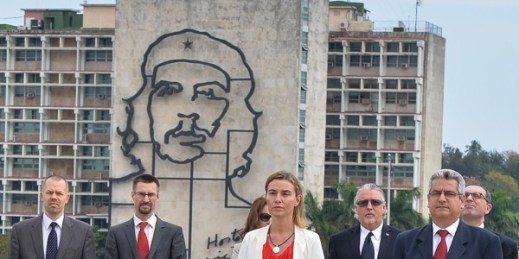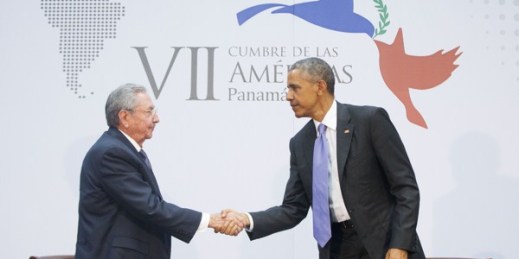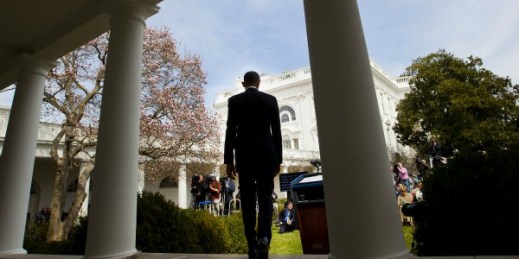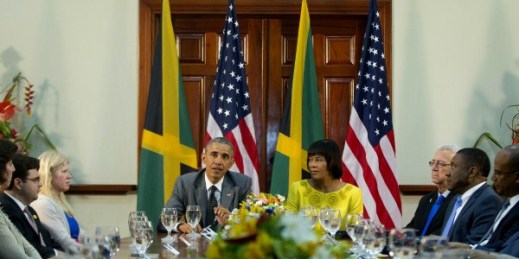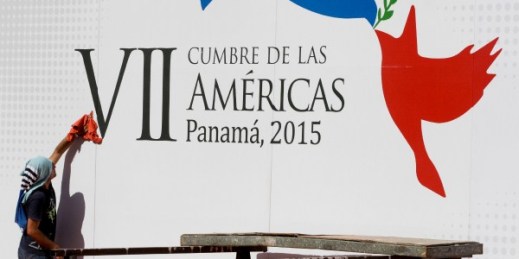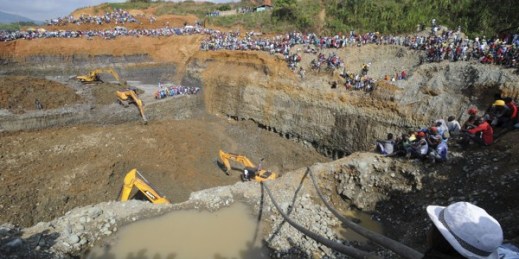
The head of the United Nations refugee agency in Colombia recently told Reuters that illegal mining and drug-fueled gang violence will continue to displace citizens, even if a peace deal is signed with the Revolutionary Armed Forces of Colombia (FARC). In an email interview, Juan F. Vargas, a professor of economics at the University of Rosario in Bogota, discussed the impacts of illegal mining in Colombia. WPR: How widespread is illegal mining in Colombia, and who are the main groups profiting from it? Juan F. Vargas: Illegal mining is quite widespread in Colombia and is present along the Pacific coast […]

